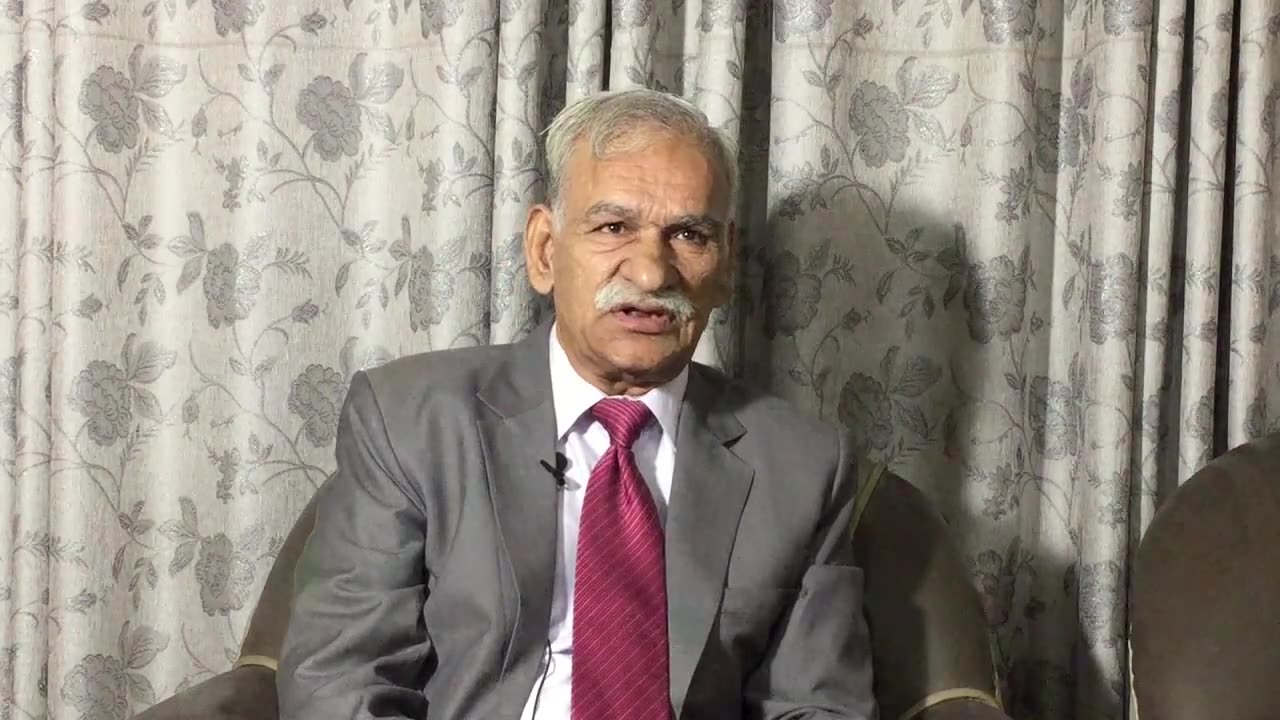Premium Only Content

Gift under Hanfi Law Part 1 By Mutahir Tirimzi Adv
A „gift‟ is a transfer. But it does not contain any element of consideration. Complete absence of monetary consideration is the main, hallmark, which distinguishes a „gift‟ from a grant, sale, exchange, or any other transactions for valuable or adequate consideration. Where there is any equivalent of benefit measured in terms of money in respect of a „gift‟, the transaction ceases to be a „gift‟. Love, affection, spiritual benefit and many other factors may enter in the intention of the donor to make a „gift‟. The word 'consideration' has not been defined in the T.P. Act, but means the same as in the Contract Act excluding natural love and affection. If not, and if the transfer involved consideration, the transaction would amount to a sale within the meaning of sec. 54 or to an exchange within the meaning of sec. 118. The essence of a „gift‟ inter vivos must be without 'consideration' of the nature defined in sec. 2(d) of the Contract Act. A „gift‟ in lieu of conferring spiritual benefit to the donor is not a transfer with consideration, but is to be treated as a„gift‟. Where a mother „gift‟s property to her only daughter, who promises to maintain the former throughout her life, the promise is not enforceable in law because the „gift‟ has to be for natural love and affection and not for any consideration. A minor may be a donee and the minor's natural guardian can accept the „gift‟ on behalf of the minor. But if the „gift‟ is onerous, the obligations cannot be enforced against the minor during his minority. But on his attaining majority, the minor must accept the burden or return the „gift‟. The donee can even be a child in its mother's womb
-
 1:34:01
1:34:01
Tucker Carlson
7 minutes agoChristopher Caldwell: Is It Too Late to Save the English-Speaking World?
-
 LIVE
LIVE
Steven Crowder
3 hours ago🔴Breaking: Minneapolis Catholic Church Shooting Live Coverage
24,927 watching -
 LIVE
LIVE
Major League Fishing
5 days agoLIVE! - Fishing Clash Team Series: Challenge Cup - Day 4
335 watching -
 LIVE
LIVE
Neil McCoy-Ward
48 minutes agoFURY As JD Vance Unleashes HELL On The UK & EU… (What We Know So Far)
143 watching -
 LIVE
LIVE
IrishBreakdown
1 hour agoNotre Dame vs Miami Preview - Inside the Matchup
34 watching -
 LIVE
LIVE
Rebel News
38 minutes agoPoilievre targets Carney on Cdn energy, Smith's AB Next, Ford's crime rant | Buffalo Roundtable
221 watching -
 LIVE
LIVE
The Charlie Kirk Show
1 hour agoHow Trump Governs + Breaking the Barrel + Youth for Christ | Starbuck, Marlow, Knowles | 8.27.2025
3,721 watching -
 LIVE
LIVE
Side Scrollers Podcast
1 hour agoCracker Barrel CANCELS Rebrand + OG YouTuber Has Brain Tumor + More | Side Scrollers IN STUDIO
337 watching -
 LIVE
LIVE
The Mel K Show
1 hour agoMORNINGS WITH MEL K - Reexamining the US relationship with International Banks, Treaties, and NGOs 8-27-25
800 watching -
 LIVE
LIVE
The Shannon Joy Show
3 hours ago🔥🔥SAVE Baby Kit! Hospital Injects 2 Pound Baby With Hep B Vaccine Without Mom’s Consent, Injures Him Severely Then Calls CPS On The Family!🔥🔥
185 watching